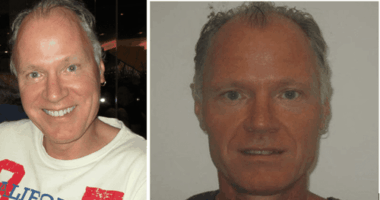Share this @internewscast.com
So, what makes some individuals require less sleep than others?
It’s a question that has fascinated scientists for years. Here’s what we know.
Natural short sleepers
Scientists call this the natural short sleep phenotype — a biological trait that allows people to get all the benefits of sleep in less time.
We’re still learning about how common these genetic mutations are and why they occur.
Not everyone who sleeps less is a natural short sleeper
Often, their short sleep is due to long work hours, social commitments, or a belief sleeping less is a sign of strength or productivity.

For the average person, it’s not sustainable to only get a few hours sleep a night. Source: Getty / Carol Yepes
In today’s hustle culture, it’s common to hear people boast about getting by on only a few hours of sleep.
Short sleep durations have been associated with a higher risk of obesity, diabetes, high blood pressure, and heart diseases such as cardiovascular ailments and strokes.
The weekend catch-up dilemma
A recent large study suggested weekend catch-up sleep may not offset the cardiovascular risks associated with chronic short sleep.
That said, maintaining such regularity can be particularly challenging for people with non-traditional schedules, such as shift workers.
So, was Thatcher a true natural short sleeper?
It’s a complex question. Some claims suggest she took naps in the car between meetings during the day. This might imply that she was actually sleep-deprived, making up for lost rest whenever possible.









